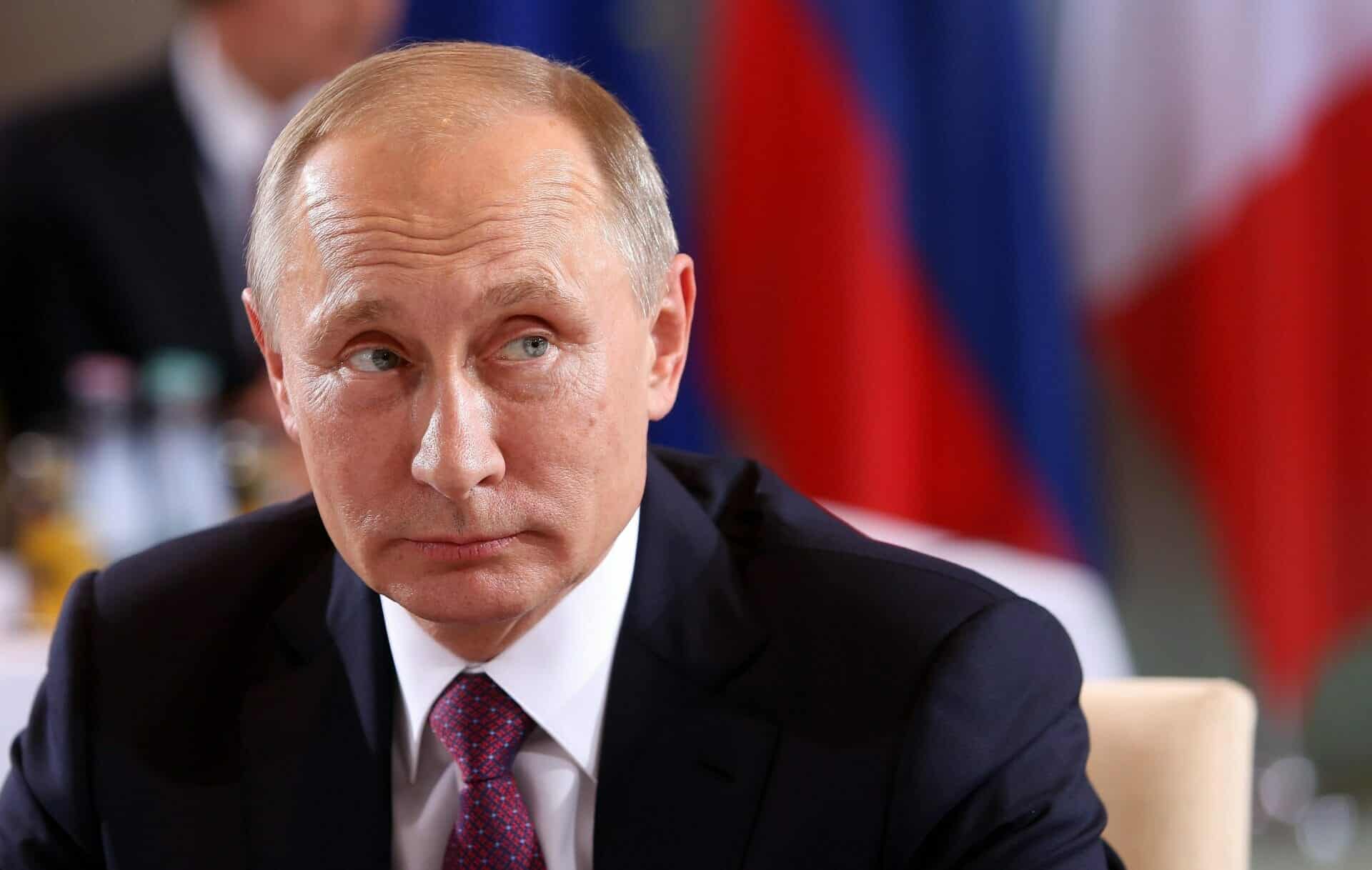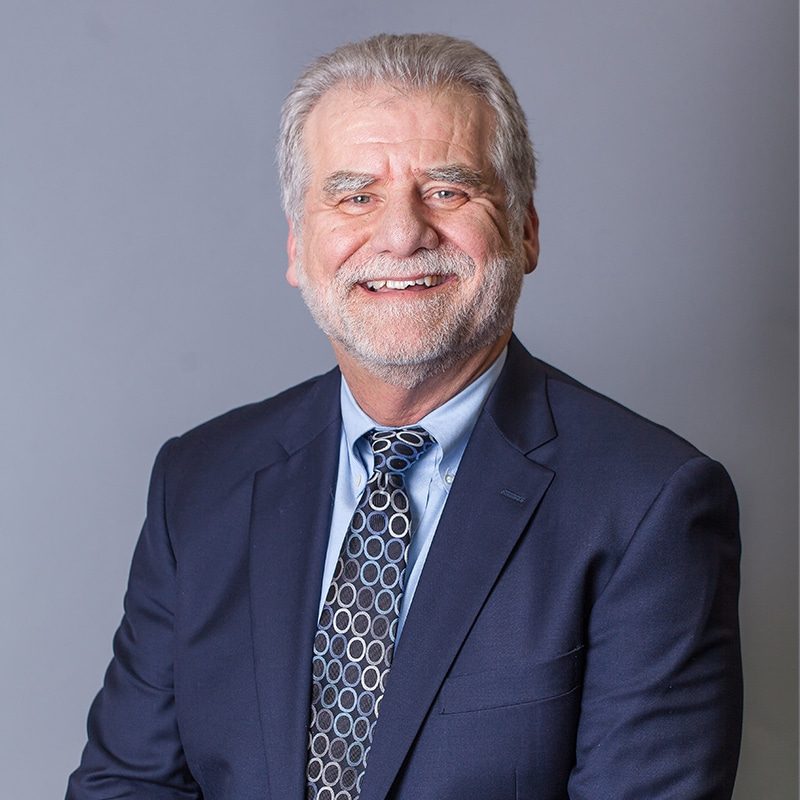Thoughts on the Russian Invasion

I presume I share with many of you the frustration, sadness and worry that arises as we ponder the implications and realities of Putin’s invasion of Ukraine. There are a myriad of issues and concerns to consider and discuss. Germaine to our work at CMA Global Inc., this event can remind us of the power of leadership, and the tension between the positive and challenging aspects of human nature.
There are many styles of leadership. There are aspects of an autocratic leadership style that can be appealing, if one admires decisive action, clear direction, and assertive communication. We have found, though, that for many situations, if a dominant leadership personality style is not tempered by empathy, respect for differences in opinion, and a willingness to compromise, the result is a top-down mentality that hampers organizational agility and blocks input and buy-in from team members. In our assessments and coaching activities, we are often highlighting the necessity for any leader to balance an appropriate focus on efficient and specific outcomes, while also attending to team processes and considering how to foster cohesiveness, engagement, and group participation.
An autocrat can quickly achieve specific, and perhaps desirable, outcomes, but at the cost of not having an empowered and active team that can carry on effectively and productively when the autocrat is not involved. This is particularly evident when succession planning is needed or requested. If a leader or owner has been consistently over-involved and has not shared responsibilities and information, there can be a huge gap in readiness and continuity when that individual is no longer available or functional. I certainly have no inside perspectives, but I presume that Putin would be too personally threatened to comfortably, and proactively, mentor a successor, with a goal of doing what is best for the country and its citizens.
Regarding human nature, I am thinking of the wide range of motivating factors that drive each of us. Some of those can be prosocial and principled, while others may reflect our insecurities and deter collaboration and reaching shared goals and objectives. A reminder (not original to me) that I often use in feedbacks and coaching is “most of our weaknesses are our strengths overused.” A strong competitive drive can help a sales professional achieve and exceed target goals. If too intense or rigid, this drive can hamper appropriate information sharing and maximizing an overall positive customer experience.
We have found great receptivity to our programs on diversity, equity, and inclusion, and one would hope this reflects a broadening appreciation of these factors at a local, national, and international level. But, under stress, or when leaders are not consistent in their support of broader, collaborative efforts, there can be a retreat to more tribal and individualistic motivators and behaviors. Win/win becomes de-emphasized and win/lose emerges, and a zero-sum mentality fosters fear, distrust and short-term thinking and actions. Putin has created an us vs. them narrative that he is using to justify actions condemned by most of the world.
So, a reminder for all of us that effective and prosocial individual and leadership traits and behaviors need constant nurturing and development in order to prosper in a way that helps us achieve our loftier goals. They can be threatened, especially if we do not give them sustained attention during periods of distress and divisiveness. I am hoping we can keep this in mind during these difficult times.
